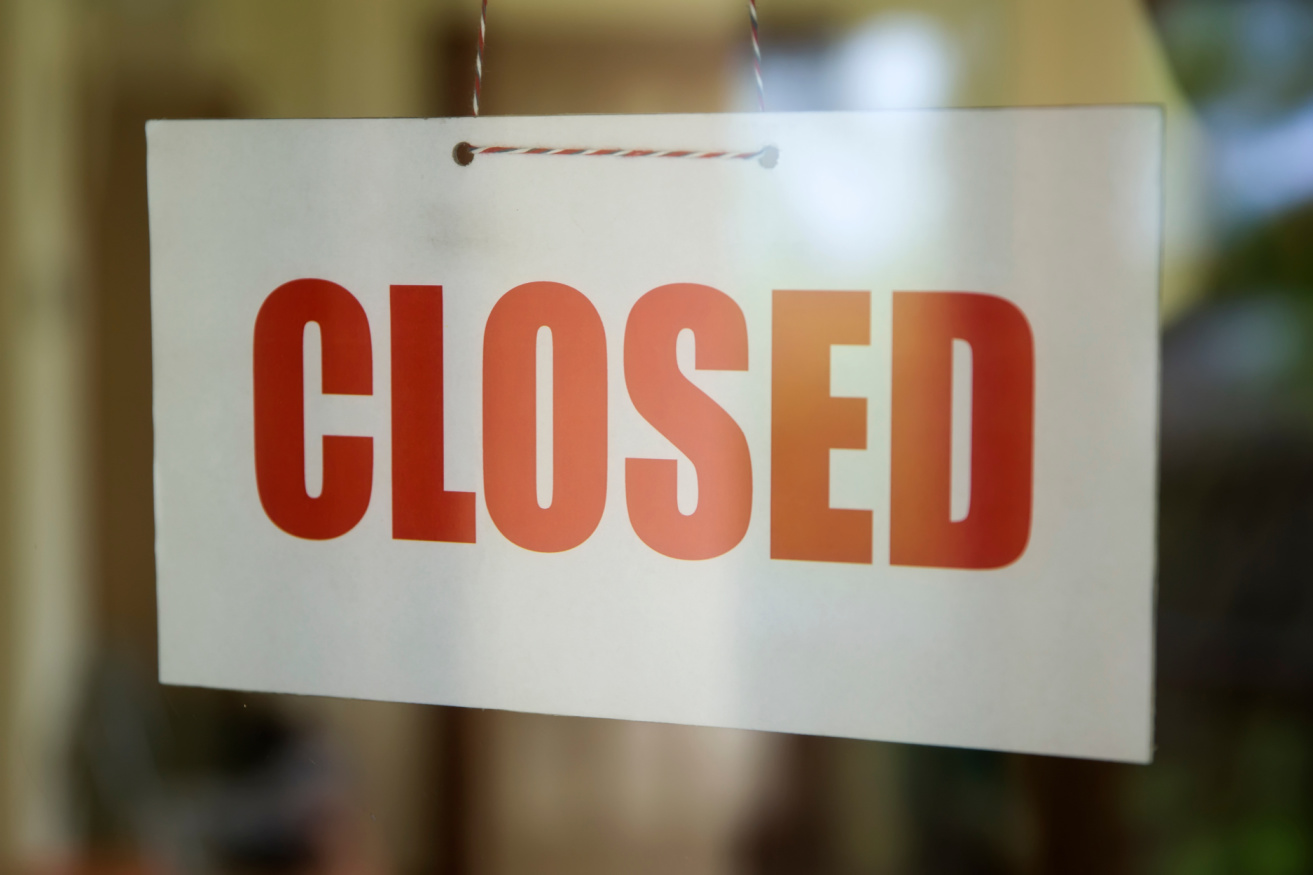Remember This: Progress, Like Everything Else, Has Its Pluses and Minuses

This week, Eastern North Carolina, where my wife and I now live, experienced weather not frequent to our neck of the woods. Freezing rain, a smattering of snow, and ice. The ice attached itself to the power lines, and presto no electricity. Going off at 9:16 pm, it did not return until 10:30 am the next morning. When we awoke, it was 48 degrees inside, a little nippy for these old bones.
All of this got me to thinking about how we all depend on electricity being automatically available all of the time. How automatic? Well, several times, I went into a room and instantly reached for the light switch. Needless to say, not a damn thing changed.
It is hard to imagine our country without electricity, although there are still plenty of places in our world where people endure the lack of it. Forget high-speed Internet access. There would be no lights in the room, refrigerators, or 500 other things we depend on working as we want them to do and agree are good things.
In the persuasion business, we have a saying. “You can’t argue with someone who agrees with you.” So, there is no need to persuade most sane and reasonable people that widely available electricity is a good thing. The point of writing this piece is to remind that nothing in life is perfect.
At its inception, our country was agrarian. Close your eyes (please). Think about where it is likely you would have been living at this time. Lucky to have five rooms in the house. When it got cold, everyone in the family would gather in the “main room.” Unless you were living in a center chimney, there was likely one fireplace (where the cooking also took place).
Full disclosure: The Greener clan of six once lived in the center chimney Colonial 1740 Hersey Homestead—complete with Indian shutters—in New Hampshire. Unlike us, however, the Colonialists weren’t heating up the hot tub. In other words, way back in the day, families spent a lot of time together. There was not a lot of choice.
On our electricity journey—where we go from where it started to where we are now, as opposed to vice versa—the first big jump that took us forward was the onset of manufacturing. It began in England in the 1760’s. It was 1790 before our first factory was opened. Still a whole lot of family togetherness.
The industrial age in the United States was from 1865-1900. That’s a lot of time, with some big-ticket items, happening between 1790 and 1865 (that little thing we like to call the Civil War). It is safe to say the same can be said about change for the industrial era (1865-1900).
So, where does electricity fit into all of this? Commercially, electricity first became available in the 1880’s. Obviously, it took a lot longer to reach rural America. The Tennessee Valley Authority (TVA) started under Franklin Roosevelt! That’s a long time ago.
You can decide for yourself if a nuclear family (however you decide to define the term) is the best arrangement for living. What is beyond debate on any reasonable level is whether or not two-parent households are a good thing. They are. Show me a statistic that says they are not.
Back to our electricity journey. Among all the other impacts of electricity, a new capacity for members of families to spend more and more time separate from each other came to pass. It is hard to argue that divorce rates, suicides, etc. have trended in a good direction on topics we mostly agree are important. Again, find me a number that contradicts me.
Am I beyond glad we have electricity? Hell yes. Do I see how its onset help propel
and coincides with some unpleasant outcomes? Yes, I do. Do I think electricity caused
these negative results? I do not. For Remember This, the question this week is: Do
you agree something can be wonderful beyond discussion with sane people, while still
being connected to something not so great? That electricity is terrific, but we still put
a value on family? I say yes. What do you think?
RECENT
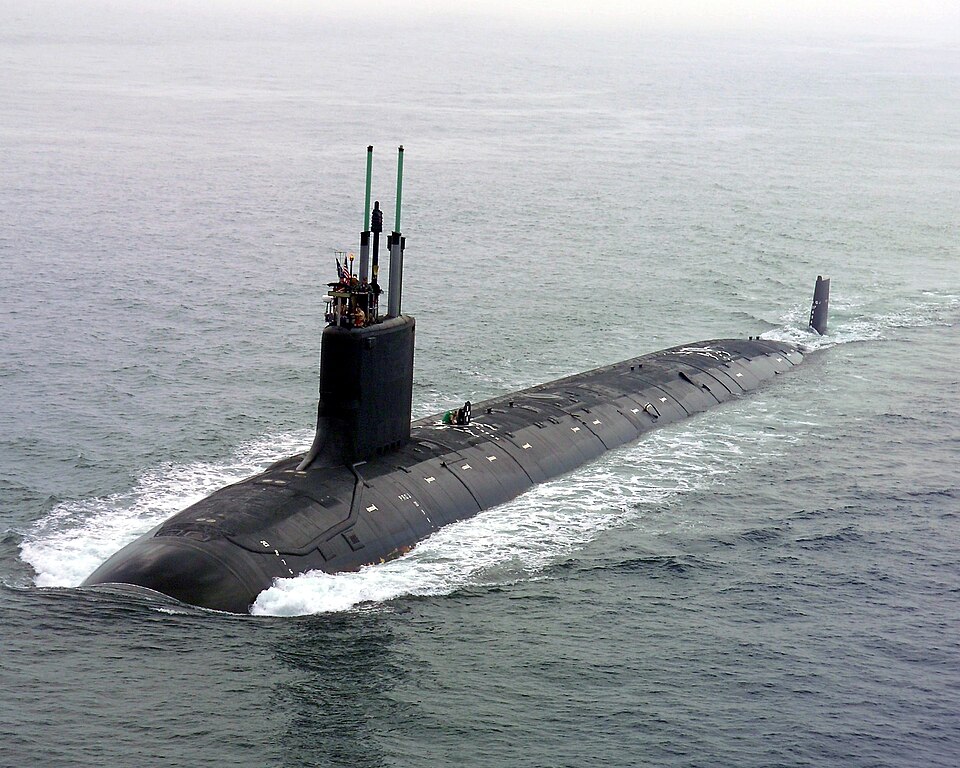




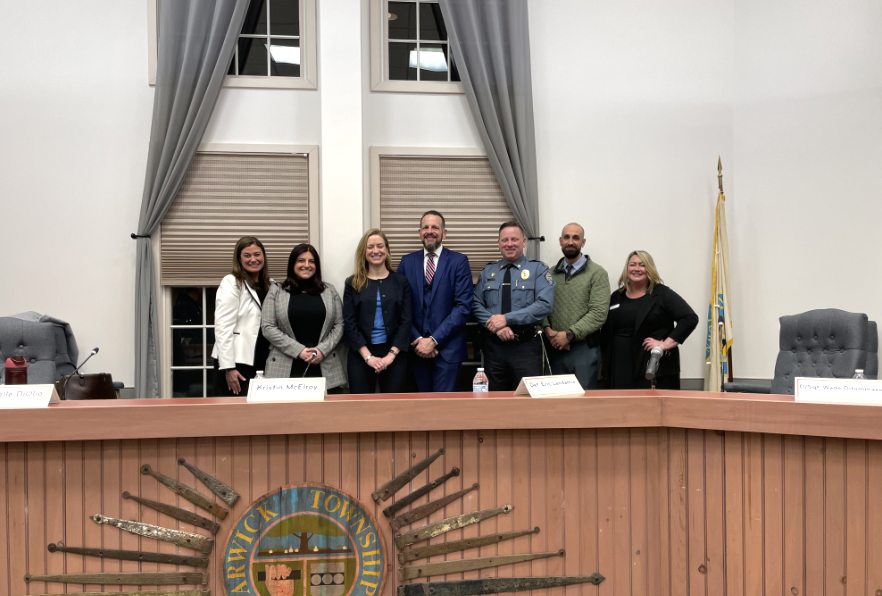
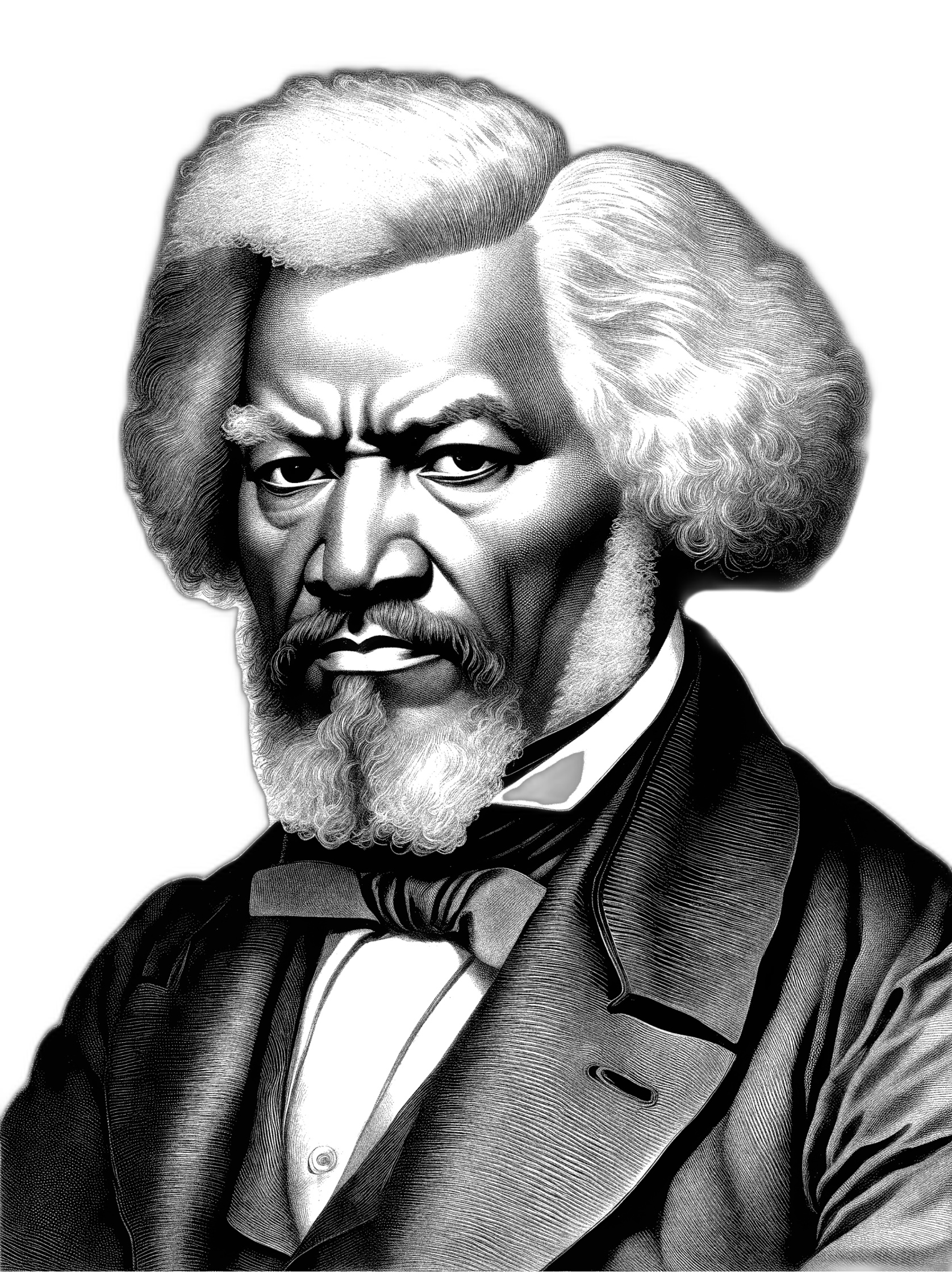


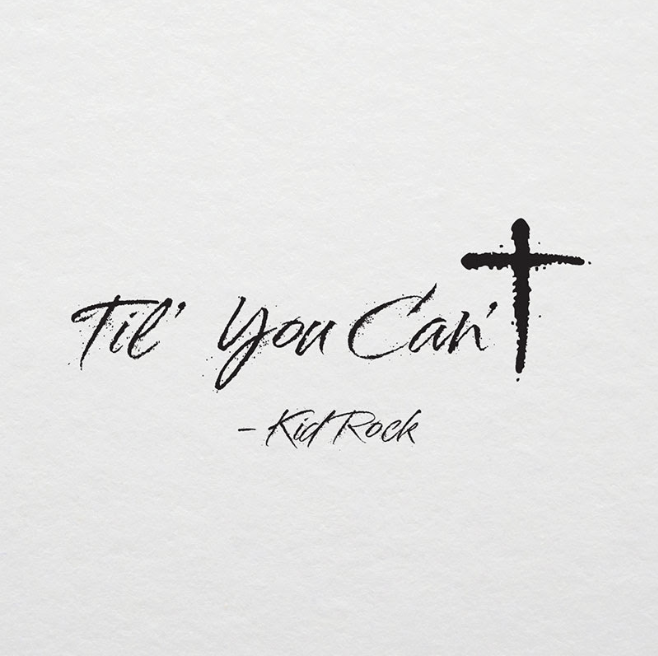
BE THE FIRST TO KNOW

More Content By
Bill Greener


